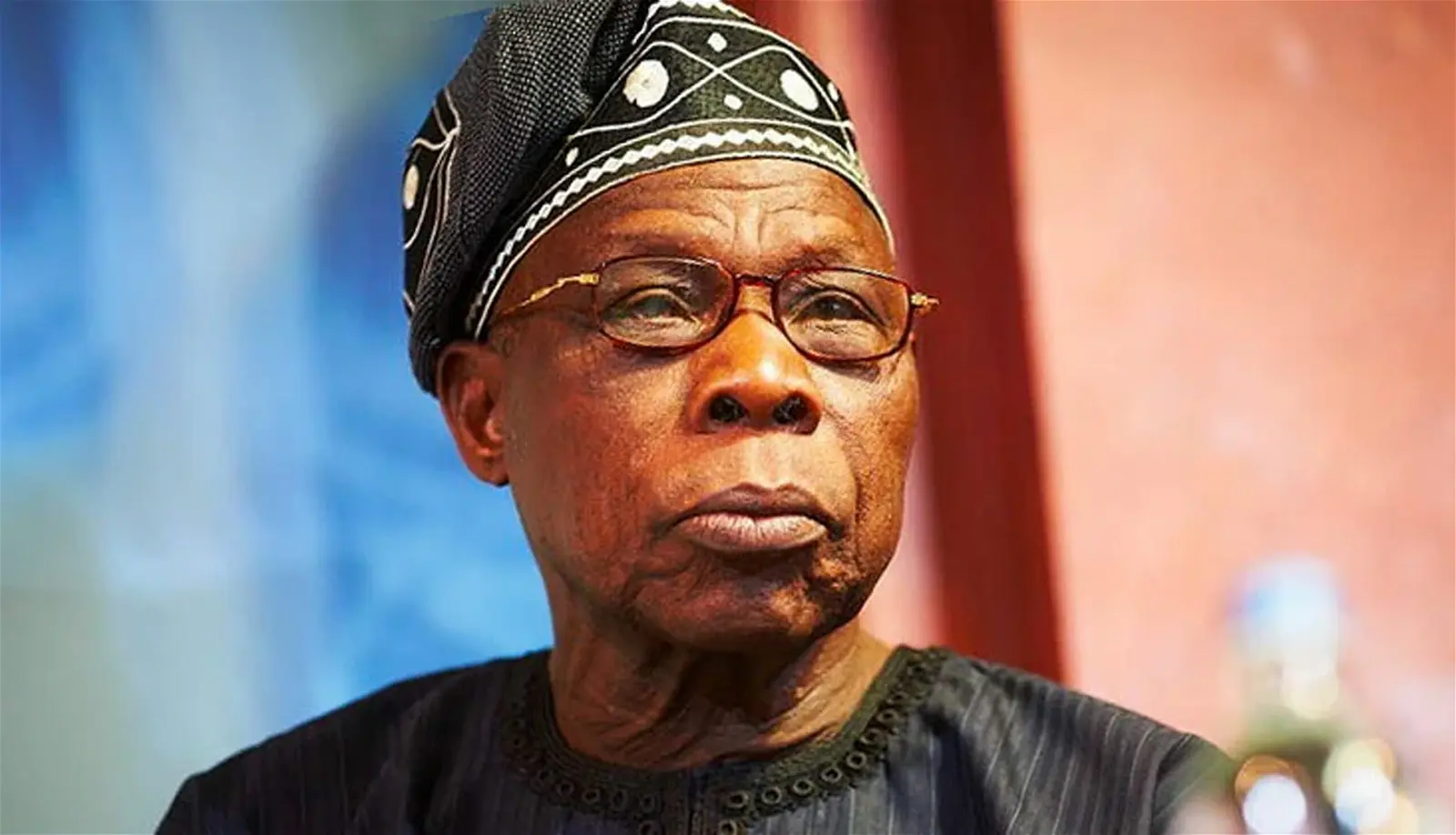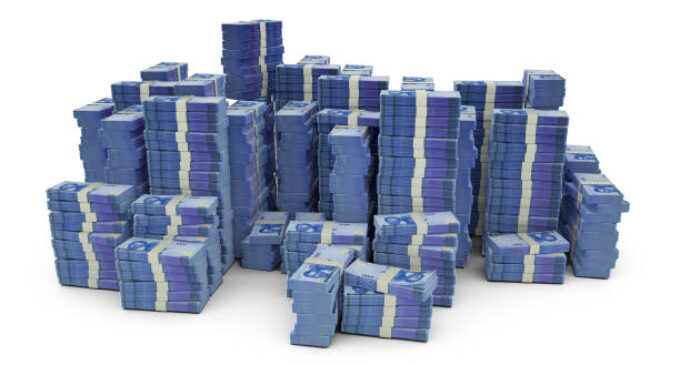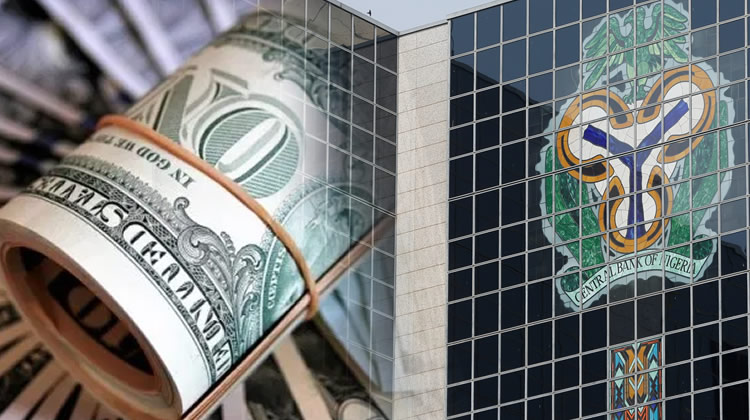Nigeria’s capital importation reduces to $1.13bn at Q1 in 2023 – NBS

Nigeria’s total capital importation during the first quarter (Q1) of 2023 decreased significantly by 28 percent compared to the capital importation reported in Q1 2022, which stood at $1.57 billion.
According to data released by the National Bureau of Statistics (NBS), the figures however, indicated that the country attracted a total of $1.13 billion in capital inflows, reflecting a 6.78 percent growth from the previous quarter (Q4 2022).
The NBS stated that the decline in capital importation can be attributed to a variety of factors, including the prevailing global economic uncertainty as well as the persistent political instability within Nigeria. These factors have likely contributed to a cautious approach among foreign investors, leading to a decline in capital inflows.
Lagos State remained the top in terms of investment destination in Q1 2023 with $704.87 million, accounting for 62.23 percent of total capital investment in Nigeria, followed by the Federal Capital Territory (FCT), Abuja, valued at $410.27 million, representing 36.22 percent.
Out of the 36 states and the Federal Capital Territory (FCT), only Lagos, Abuja, Adamawa, Akwa Ibom, Anambra, Ekiti, Ogun, Ondo and Niger attracted capital inflows.
Data released by the NBS show that 28 states failed to attract new Foreign Direct Investment, capital importation in the first quarter of 2023.
Adawama attracted $4.50 million, Anambra $4 million, Ogun $2.09 million, Niger $1.50 million, Ondo $0.20 million and Ekiti $0.01 million.
Also, analysts from Cowry Assets Management Limited observed that the year-on-year decline in capital importation from Q1 2022 suggests that there are still challenges that need to be addressed in order to attract more foreign investment into the country.
“This is majorly the call on the Federal Government to speedily address the perennial issues or challenges that have continued to clog the pipeline of investment into the country. These challenges include the high cost of doing business in Nigeria, the unstable political and security environment, and the lack of transparency in government regulations.
“However, the increase in capital importation in Q1 2023 from the previous quarter is a positive sign for the Nigerian economy. We think that despite the highlighted challenges in the economy, Nigeria remains a promising destination for foreign investment as it has a large and growing population, a young and educated workforce and a wealth of natural resources.
“With the right policies and reforms in place, Nigeria can attract the investment it needs to achieve its economic potential,” the analysts stated in a flash note.
read moreLogin
Within the various categories of capital importation, portfolio investment emerged as the largest source of inflows during Q1 2023, accounting for $649.28 million or 57.32 percent of the total capital imported.
The surge in foreign portfolio investment can be attributed to the implementation of market-focused and progressive policies advocated by presidential aspirants during the pre-election period.
These policies have successfully piqued the interest of foreign portfolio investors, encouraging them to explore investment opportunities in Nigeria’s equities market as they test the waters during a period of political transition.
In terms of the breakdown by investment type, portfolio investment claimed the largest share of capital importation, amounting to $649.28 million or 57.32 percent of the total. It was followed by other investment at $435.76 million or 38.31 percent and foreign direct investment (FDI) at $47.60 million or 4.20 percent.
Analysing the capital flows through portfolio investments, investments in fixed income instruments (specifically bonds) witnessed a significant quarter-on-quarter increase of 108.4 percent, rising from $144.4 million in Q4 2022 to $301.08 million.
However, when compared to the same period in 2022, there was a slight decline of 2.9 percent from $310.06 million. Interestingly, this decline occurred despite a 3.6 percent quarter-on-quarter increase in fixed income yields, reaching 14.31 percent in December 2022, indicating that other factors may have influenced investor decisions.
On the other hand, the report shows that the equities market experienced a bullish run during Q1 2023, with a notable 5.82 percent increase.
Sectoral analysis reveals that the banking sector attracted the highest capital importation during Q1 2023, receiving $304.56 million or 26.89 percent of the total capital imported. Following closely behind were the production sector, which received $256.12 million or 22.61 percent and IT services with $216.06 million or 19.08 percent.
Conversely, sectors such as consultancy, brewery, oil and gas and agriculture witnessed relatively low levels of capital importation, indicating an underweight of investments inthese areas.
Notably, sectors such as construction, drilling, fishing, hotels, servicing, tanning and weaving have also struggled to attract significant investment.
When examining the sources of capital importation, the United Kingdom emerged as the top contributor, accounting for $410.27 million or 36.22 percent of the total inflows. The United States of America followed closely behind with $198.94 million or 17.49 percent, while China stood at $122.80 million or 10.88 percent.
These figures indicate the prominence of these countries as key sources of foreign investment into Nigeria. In terms of destinations, Lagos State claimed the top spot as the most attractive location for capital importation in Q1 2023, receiving $704.87 million or 62.23 percent of the total. Abuja, the nation’s capital city, followed with $410.27 million or 36.22 percent.
These capital inflows into specific destinations highlight the level of investment attractiveness exhibited by Nigerian cities and their ability to allure potential investors.











